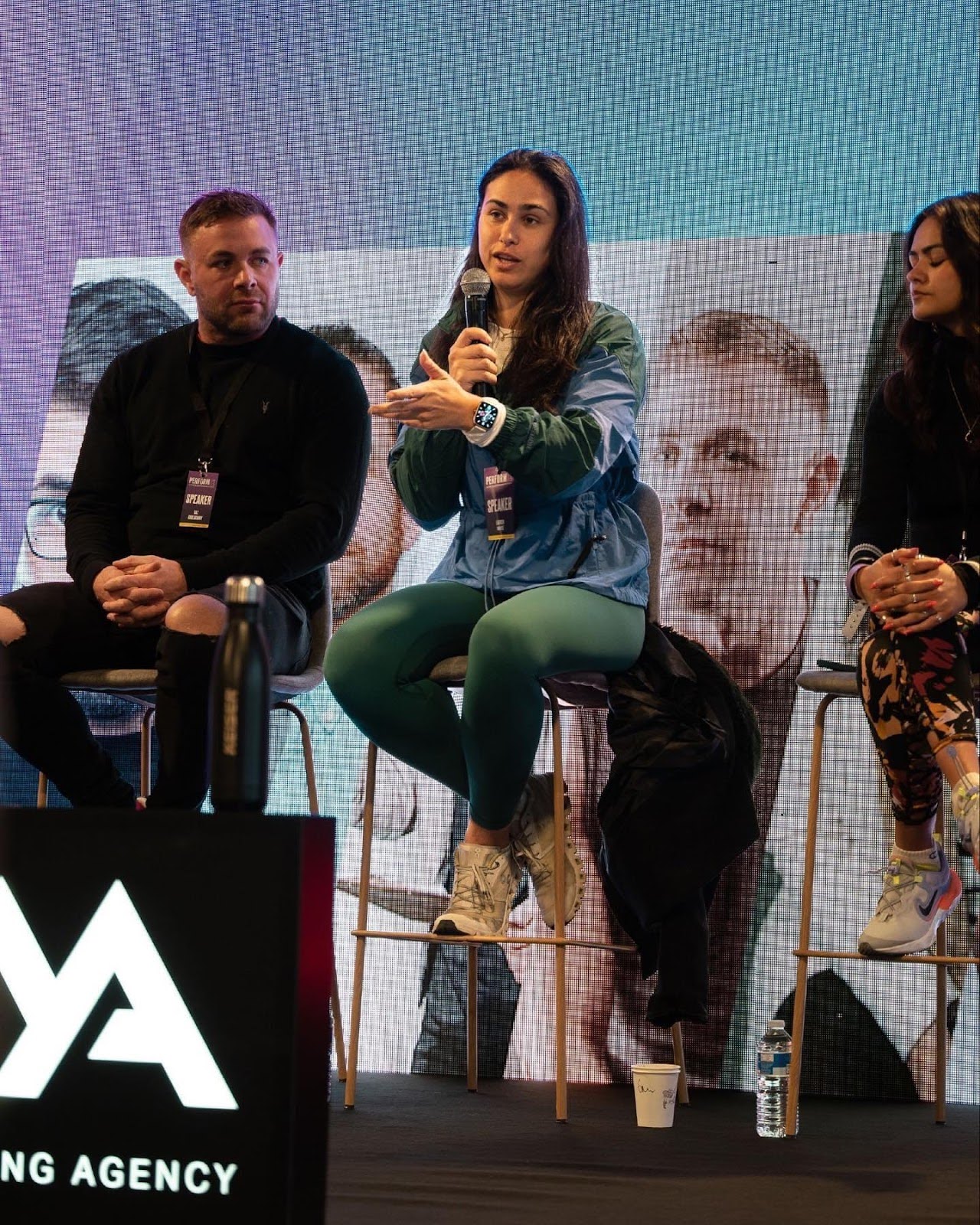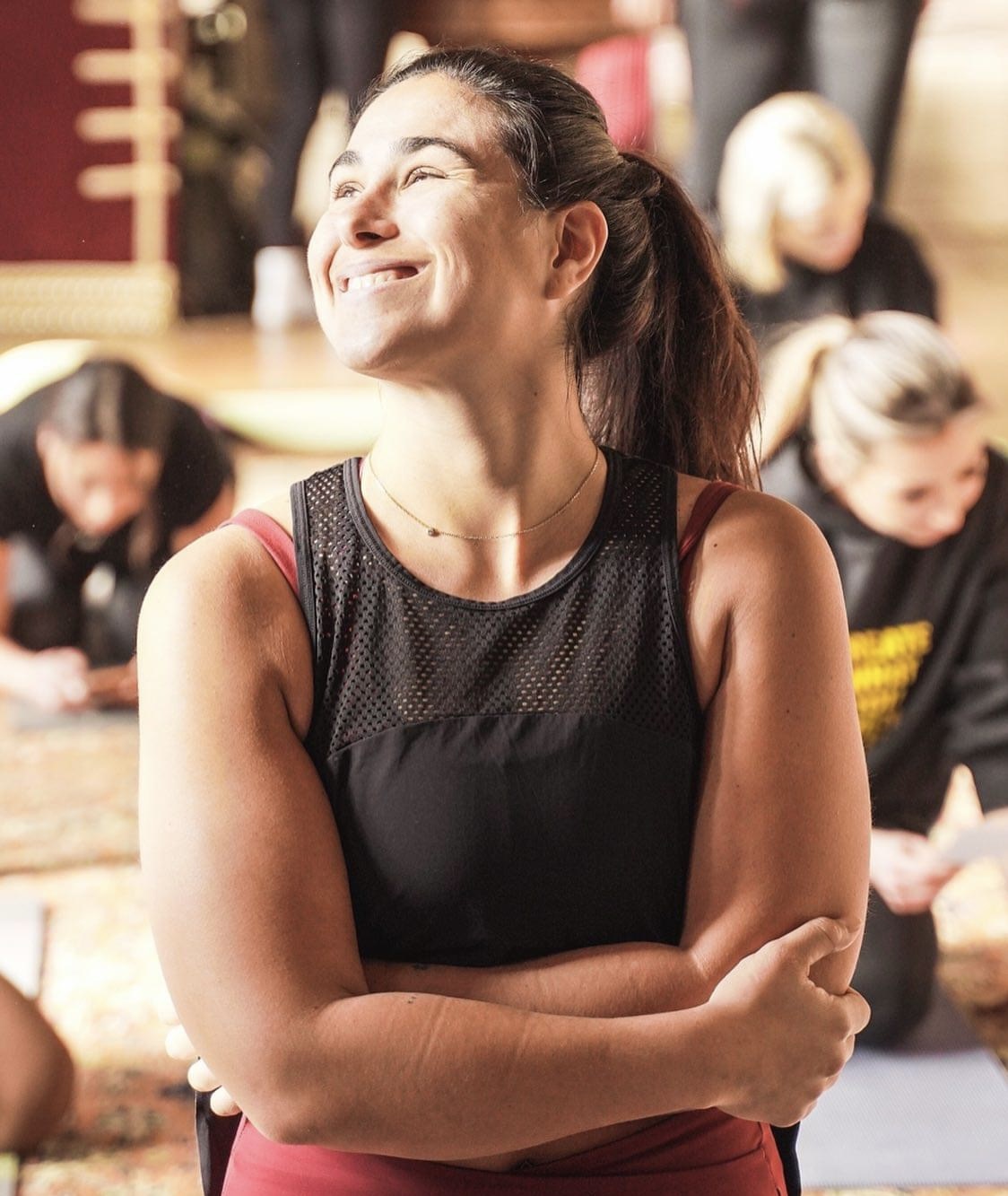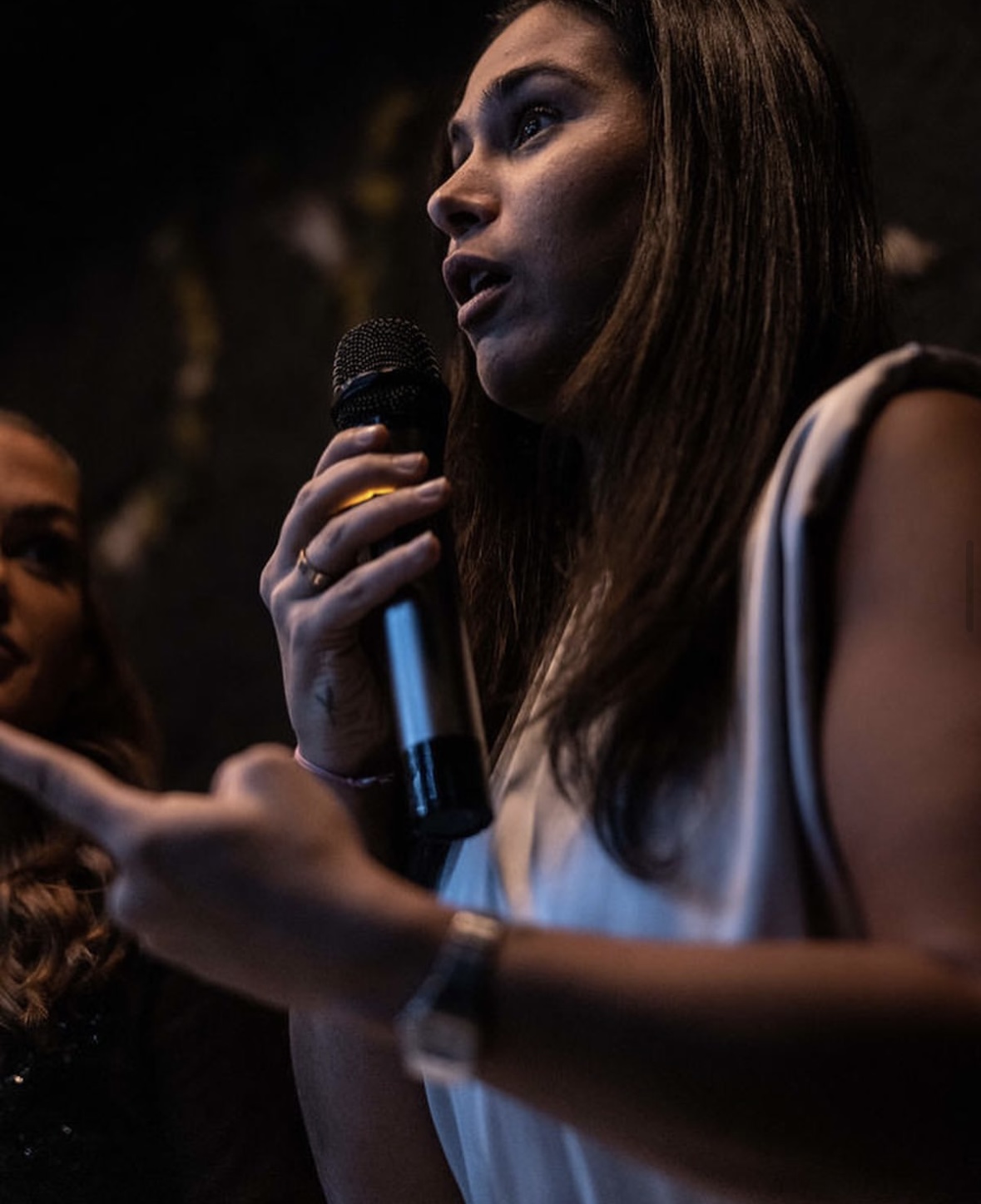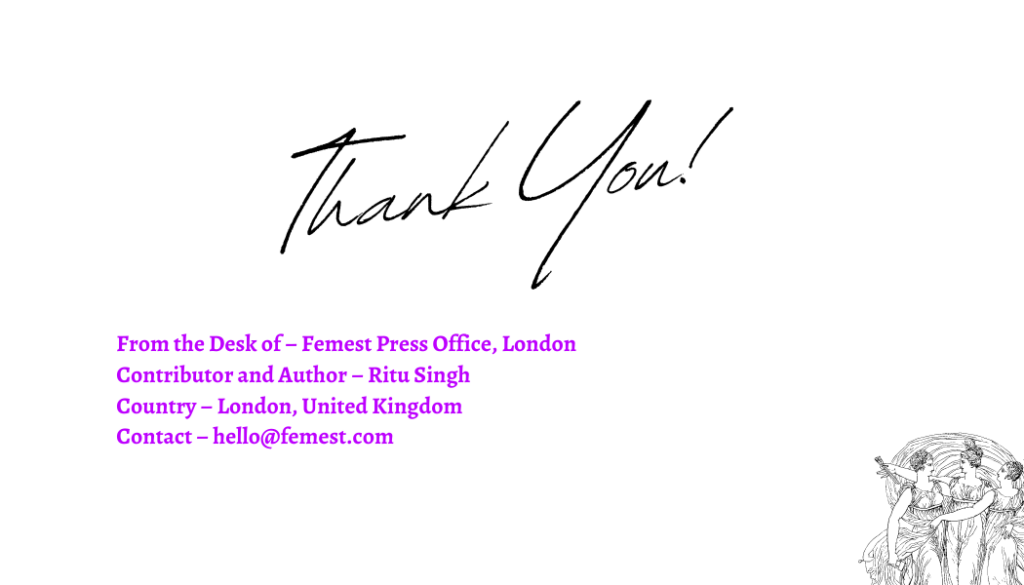Breaking Barriers, Rebuilding Lives—Lauren’s Story of Triumph Over Addiction
Lauren’s journey from addiction to mentorship is a remarkable story of resilience and transformation. Having overcome addiction at 18, she now dedicates herself to helping others reclaim their strength and build a brighter future. Through empathy and self-awareness, Lauren inspires positive change in mental health, well-being, and resilience, guiding individuals around the world to overcome their struggles.
Lauren, can you share a bit about your journey toward becoming a mentor and specialist in trauma, addiction, mental health, and well-being? What led you to pursue this path?
I’ve been deeply passionate about helping others since I got sober at 18. My journey began at 19 when I started speaking at schools through the Amy Winehouse Foundation.
While working in Hong Kong, I joined the Kelly Group, which conducted talks at private schools to educate students. I encountered many individuals grappling with self-esteem issues, self-sabotage, and addiction, which inspired me to assist them further.
Upon returning to the UK, I completed a course in addiction counseling, as well as life coaching and NLP practitioner training, to better mentor those facing addiction challenges.

You got sober at a very young age, overcoming addiction at just 18. How did this experience shape your perspective on life, and how does it influence the way you work with others today?
Getting sober at a young age instilled resilience and self-awareness, profoundly shaping my life perspective. It taught me the importance of accountability and making conscious choices. This experience influences my work with others by allowing me to be empathetic towards others and understanding who I am.
This enables me to connect with individuals facing their own challenges. I prioritize open communication and support, creating a positive environment where everyone feels empowered to grow and overcome obstacles.
Your motivational talks focus on addiction and self-sabotage. What do you think are some of the most common forms of self-sabotage people face, and how do you help them overcome these barriers?
The most prevalent forms of self-sabotage that individuals often overlook include procrastination, negative self-talk, and a persistent feeling of inadequacy. This low self-esteem can lead to behaviors such as substance abuse and other addictions.
I assist people in overcoming these obstacles by helping them recognize their triggers, build a strong support network, develop coping strategies, set achievable goals, and prioritize self-care.

You’ve had the opportunity to speak at retreats, festivals, workshops, and more, across the UK and abroad, including events with the Amy Winehouse Foundation and The Prince’s Trust. Could you share a memorable experience from one of these engagements?
I think the most memorable experience from one of these engagements is doing a talk this summer for two festivals around self-sabotage and going to the houses of parliament to educate the MPs on no and low alcohol with Alcohol change which I’m an ambassador for.
In recent years, you’ve worked closely with companies to support employees’ mental health and well-being. What are some of the unique challenges that arise in corporate settings, and how do you address them?
The unique challenges that I am particularly passionate about addressing in corporate settings include perfectionism, high stress, pressure, and burnout. Many companies strive for peak performance from their employees, but it’s crucial for them to prioritize staff well-being first.
Supporting employees with adequate rest, recovery, and even opportunities for play is essential. I tackle these issues by providing tools for managing daily stress, both in and out of the workplace and encouraging a slower, more balanced approach to work.

Many people struggle with everyday challenges related to self-esteem and mindset. What advice would you offer to someone who wants to improve in these areas but doesn’t know where to start?
Improving mindset and self esteem is a lifelong journey. It comes from childhood and comes from your experiences which you have taken in your life. A lot of people aren’t aware exactly of why they have low self esteem and a low mindset but it comes from not properly being nurtured and told that they are worthy in some way.
If you don’t know where to start id start small. First having awareness of how you are thinking and what you are telling yourself then I would do some positive affirmations towards yourself everyday.
I would limit negative influences and surround yourself around people that want to see you grow. Learning to improve and being okay with failure is also important.
What has recognition like being named one of the top motivational speakers to watch meant for you and your mission? Has it influenced the way you connect with audiences or reach out to new ones?
I think for me being named that doesn’t really mean anything to me. Yes it is really cool to be called that in yahoo finance a few years ago but within my passion of helping others, I just want to share my story of knowing that if I can do it anyone can do it.
Life is a long journey of self love and self acceptance. Sharing the story is something that everyone can do as long as you tap into knowing your worth and believing that everyone has a story to tell, My biggest realization is that everyone will always relate to you in some way. We may have different stories but we have all felt the same feelings and emotions along the way.

For those attending your talks, what are the key messages or takeaways you aim to leave them with, especially regarding resilience and the possibility of change?
The key message or takeaway I aim for them to leave with is that you don’t have to keep beating yourself up for the same mistake. You have the opportunity to keep pushing and getting back on that high horse whenever you fail.
Failure is a part of life and the more we beat ourselves and make us feel shameful about our issues the more we will repeat the pattern. Keep trying and keep believing.
You’ve worked with a diverse range of audiences, from private schools in the UK to corporate groups and audiences in Hong Kong. How do you tailor your approach to connect with each audience’s unique needs and perspectives?
I believe it’s important to draw from the various experiences I’ve had throughout different stages of my life. When I speak at schools, I share my personal journey of dealing with self-esteem issues, self-imposed pressure, and doubt during that age.
For corporate groups, I discuss my own experiences in the corporate world and the challenges of burnout. I then share the tools, tips, and coping mechanisms that have helped me overcome these obstacles and foster a healthier mindset.

Your mantra emphasizes that, with the right coaching, anyone can turn their life around, regardless of how dark their situation might seem. Could you tell us about a client or audience member who particularly stands out to you and the transformation they experienced?
I have been seeing the same client for about a year and he experienced issues with drinking, food addiction and burnout. We worked together to look at his habits, patterns and environments.
A year later he has turned his life around and slowed down which has allowed him to then make better decisions when it comes to his habits and behaviours. The best form of change is awareness!
What are some of your future goals for your work, and are there new areas you’re excited to explore?
Next year I’d love to start up retreats in Bali and around the world to bring people with connection and get people to share their sufferings whilst having no shame around it. The cure of addiction is a connection

Lastly, as someone who has successfully guided others through the darkest times, what is one message you would like to leave with readers who may be facing their own struggles?
Just remember you are not alone. The more you think you are the more you isolate and hide. Everyone is going through some sort of battle and accepting your own battle and being honest about it is the first step. Don’t worry about making mistakes just accept yourself for it and work towards the next best steps you go to be the best version of yourself you can be.

